Trauma Therapy from Saj Razvi
$109 Original price was: $109.$27Current price is: $27.
Shopping Instructions:
- DISCOUNT 15% : SHOP15
- Product Delivery: Within 1 – 12 hours after purchase.
Trauma Therapy from Saj Razvi
Sale Page : -/-
Description:
More information about Medical:
Medicine is the science and practice of establishing the diagnosis, prognosis, treatment, and prevention of disease.
Medicine encompasses a variety of health care practices evolved to maintain and restore health by the prevention and treatment of illness.
Contemporary medicine applies biomedical sciences, biomedical research, genetics, and medical technology to diagnose, treat, and prevent injury and disease,
typically through pharmaceuticals or surgery, but also through therapies as diverse as psychotherapy, external splints and traction, medical devices, biologics, and ionizing radiation, amongst others.
Medicine has been around for thousands of years, during most of which it was an art (an area of skill and knowledge) frequently having connections to the religious and
philosophical beliefs of local culture. For example, a medicine man would apply herbs and say prayers for healing, or an ancient philosopher and physician would apply bloodletting according to the theories of humorism.
In recent centuries, since the advent of modern science, most medicine has become a combination of art and science (both basic and applied, under the umbrella of medical science).
While stitching technique for sutures is an art learned through practice, the knowledge of what happens at the cellular and molecular level in the tissues being stitched arises through science.
Outline:
The Latest Research on Trauma
- The impact of trauma on mental illness
- The impact of trauma on physical illness
- Outcomes of unresolved trauma
How and Where Trauma is Stored
- How to navigate the three memory systems
- Semantic (narrative) memory
- Event (autonomic) memory
- Procedural (behavioral) memory
- Strategies for matching specific interventions to memory systems
The Autonomic Nervous System
- 5 discrete autonomic nervous system states used to respond to trauma
- Mild stress to full dissociation
- Bottom-up processing
4 Essential Phases of Trauma Therapy
- Resourcing
- (Re)establishment of boundaries, trust and attachment
- Containment through the autonomic nervous system
- Integration
Trauma Therapy and Other Mental Health Disorders
- Addiction recovery
- How trauma can complicate recovery
- Integrating recovery and trauma therapy
- Differential Diagosis
- Bipolar disorder
- Depressive disorders
- Anxiety-based disorders
Strategies for Traumatic Transference
- Working with transference is essential for processing trauma
- When and how to move away from and toward transference
- The 4 transferential “roles”: victim, perpetrator, bystander and savior
Experiential Lab I – Somatic Containment of Stress and Trauma
- Transform the theory into practice
- Traumatic change heals by sequencing through the body
- Mindfulness to track somatic process
- Viscerally feeling the 5 different nervous system states
- Empathy for where you’re leading clients
- An entirely new understanding of how to heal PTSD
Experiential Lab II- The Foundation of Resourcing
- Resourcing as the first phase of most trauma, exposure therapies
- The skill of autonomic regulation
- Self-soothing techniques to develop new habitual coping responses
- Trauma management vs. over-resolution
- Guide clients out of trauma and stress into their own refuge
- Take home a new, comprehensive body-based trauma treatment method that will transform your practice – and improve clients’ lives!
- Learn the 4 key phases of trauma treatment to have more success when working with these difficult clients
- Hands-on, experiential exercises to put these strategies to practice
Watch this workshop and take away new treatment techniques that bring together research and interventions from the fields of memory research, Peter Levine’s modeling of the autonomic nervous system, and Bessel Van der Kolk’s research on the biology of trauma. Valuable elements from other approaches such as DBT, attachment theory and psychodynamic transference work will also be discussed.
Saj Razvi, trauma expert and founder of the Love and Trauma Center in Colorado, will teach skills that shift your client’s nervous system state from activated to calm, and be able to track your clients using their body responses and symptoms. Through hands-on experience learn how clients can move beyond the avoidance and management of symptoms into actually resolving trauma through a body process innate to the nervous system.
Learn through experimental labs:
- The process of resourcing so that you will know how to support clients in coping with and managing traumatic symptoms, before trauma resolution begins
- Containment: the process of releasing traumatic charge through the body
Join Saj Razvi for this dynamic workshop, and learn practical, cutting-edge skill sets. Leave the seminar with a much more coherent understanding of the trauma process, as well as specific skill sets to work with a client’s traumatic reactivity.
Please kindly contact us if you need proof of item.
Find out more Personal Development Courses at here !!!
1 review for Trauma Therapy from Saj Razvi
Add a review Cancel reply
Related products
HEALTH & MEDICAL
HEALTH & MEDICAL
HEALTH & MEDICAL
HEALTH & MEDICAL
Dr. J.E. Williams & Kevin Gianni – How to Read Your Blood Tests
HEALTH & MEDICAL
Matthew Troester – How Much Sleep Do We Need and How to Get It
HEALTH & MEDICAL
HEALTH & MEDICAL



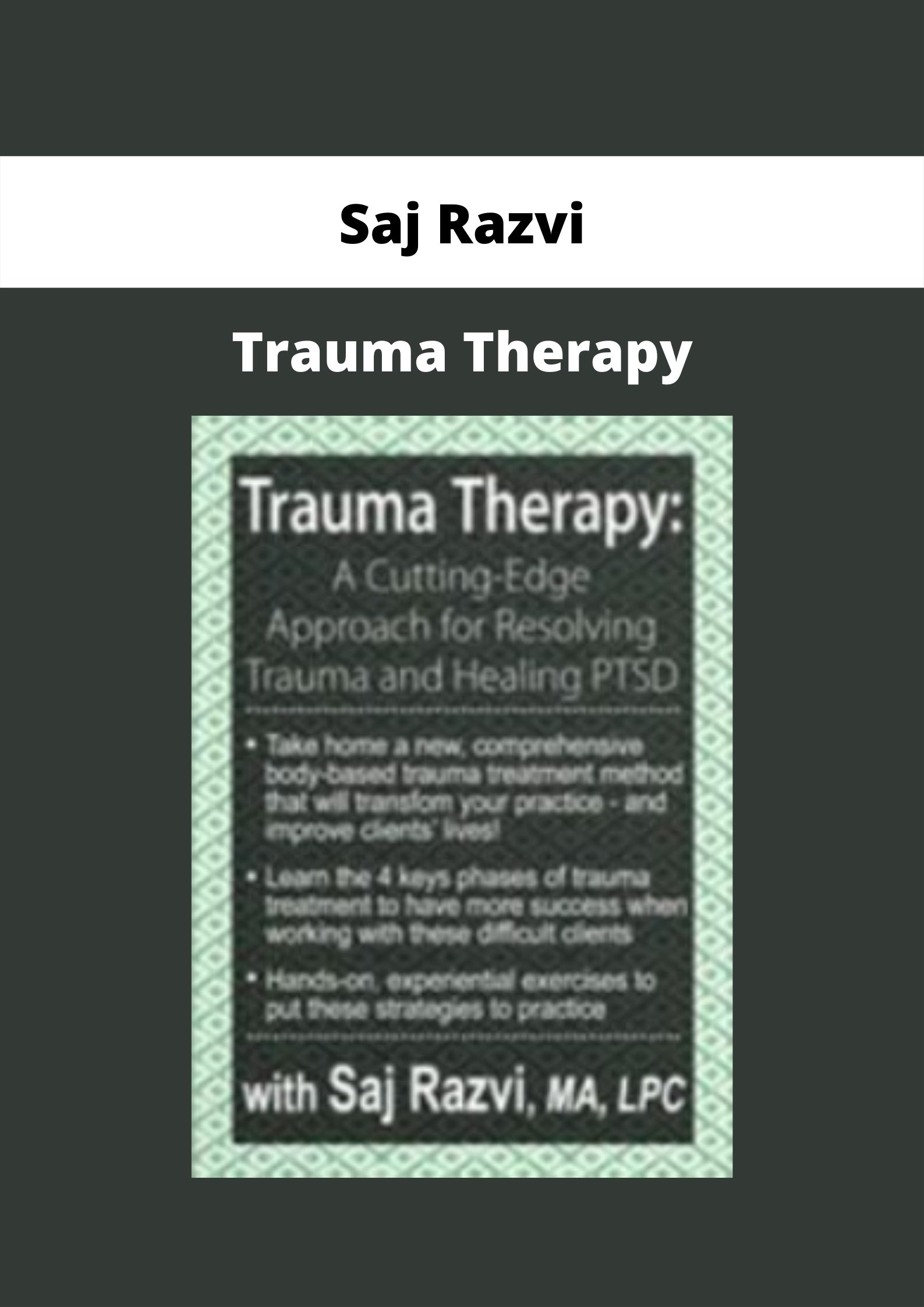
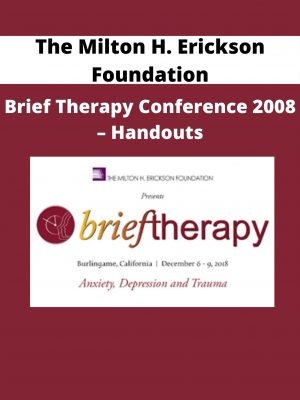


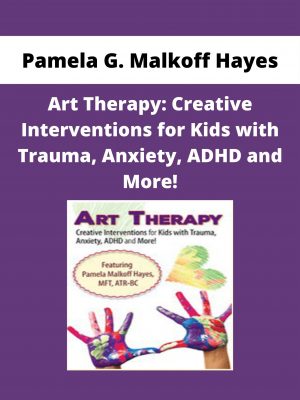

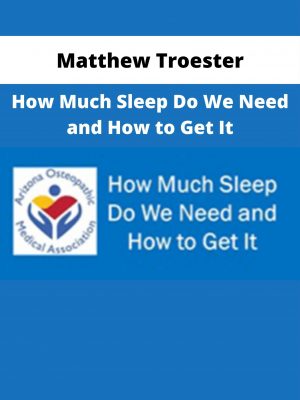
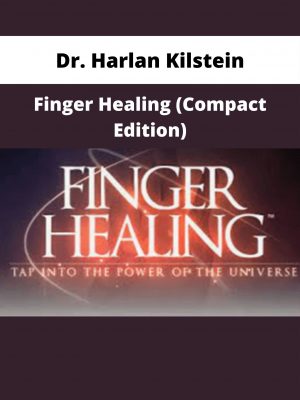
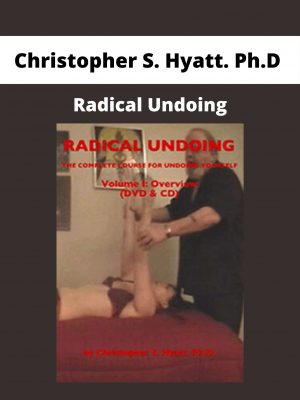
Granville Altenwerth –
Exactly as described, fast shipping, great price, securely packed | Trauma Therapy from Saj Razvi